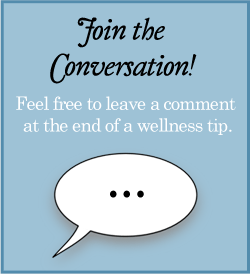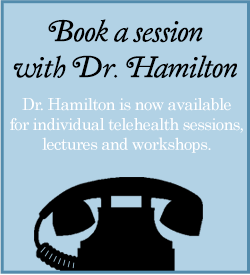 Do You Have ADHD?
Do You Have ADHD?
Performers with ADHD (a.k.a. Attention Deficit Hyperactivity Disorder) are often standouts, as entrepreneurs, risk-takers, quick-wits, or thinking “outside the box.” Yet ADHD also inflicts deficits which can make it difficult to reach your full potential. Consequently, for those who feel tense because life feels like being stuck in a heavy fog where things come out of nowhere and you can’t predict the consequences, it helps to find out if you have the diagnosis and then check out various treatment options.
Similar to many medical conditions, ADHD is a syndrome with multiple symptoms, such as being overly active or highly distractible. No two people with this neurological disorder look alike. On top of that, it can’t be diagnosed with a physical, genetic, or blood test. However, it does help to get screened by the following World Health Organization’s self-report questionnaire.
Screening for ADHD
For symptoms 1-3, “sometimes” or greater qualifies as positive, whereas “often” and “very often” are used for symptoms 4-6. How often do these experiences apply to you?
1) Trouble wrapping up a project’s final details after the challenging parts are over.
2) Difficulty getting things in order when a task requires organization.
3) Problems remembering appointments or obligations.
4) Avoiding or delaying tasks that require a lot of thought to get started.
5) Fidgeting with your hands or feet when you have to sit down for a long time.
6) Feeling overly active and compelled to do things like you’re propelled by a motor (e.g., overeating, spending money, abusing alcohol or drugs).
If you scored positive for four out of six items over the last six months, you have a 93% chance of having ADHD. The next step is to seek a professional evaluation by a specialist who will take your full history, speak to those closest to you (with your permission), and decide whether you have this disorder. This process takes time. Be wary of anyone who diagnoses you after the first visit.
Treatment
The good news is that most people with ADHD pass for “normal” in spite of their struggles. Still, if you’ve received a diagnosis from a qualified specialist, treating this syndrome can literally change your life for the better. There are several treatment options that include coaching with or without stimulant medications. An excellent book “Is It You, Me, or Adult A.D.D.?” will answer further questions and offer resources for help. Remember, you don’t have to be one of those people where “if it’s boring, it ain’t gonna happen unless you make me.” It’s possible to lift the fog and focus on what needs your attention now.









Hello Dr Hamilton, I was wondering if there is a difference between ADD and ADHD. Would It also involve being highly excitable, for example when in a conversation where the other person says something you agree with, something maybe as simple as a color choice ,but rudely jump in agreeing, interrupting maybe just YES! YES! YES!, How does one begin to curtail that excitability?
Good question, Tara! ADD is the old name for ADHD. They are one & the same. Interrupting others during a conversation is a common problem in this disorder. While it’s possible to hire an executive coach to help you in social situations where interrupting comes off as being rude, you can also change this habit on your own by conditioning yourself to pause before blurting out a thought. For example, try squeezing an object in your hand like a ball or making a fist when you feel the urge to interrupt. Wait until the other person has finished speaking. If you feel that your comment will contribute to the conversation, say it then. Of course, if you’re on a bad streak of interrupting, you can also say that you need to do something like get a glass of water to give yourself time to correct the situation, regroup & focus on what the other person is saying. I hope this helps!
Ok, sounds like a plan, I’ll try to be more aware and slow down. Will let you know
You’re already ahead of the game when you’re aware of interrupting. Now you just need to practice taking the time to pause!
HI, I’m trying , its like trying to suppress a hiccup
Change is difficult. Consequently, it helps to prepare. The next time you start a conversation, squeeze your ball (or fist) before you start talking to remind yourself that you will do this every time you feel the impulse to blurt out your thoughts. Remember: The goal is to learn to pause, wait for the other person to finish his/her point, then speak if you feel your comment contributes to the conversation.